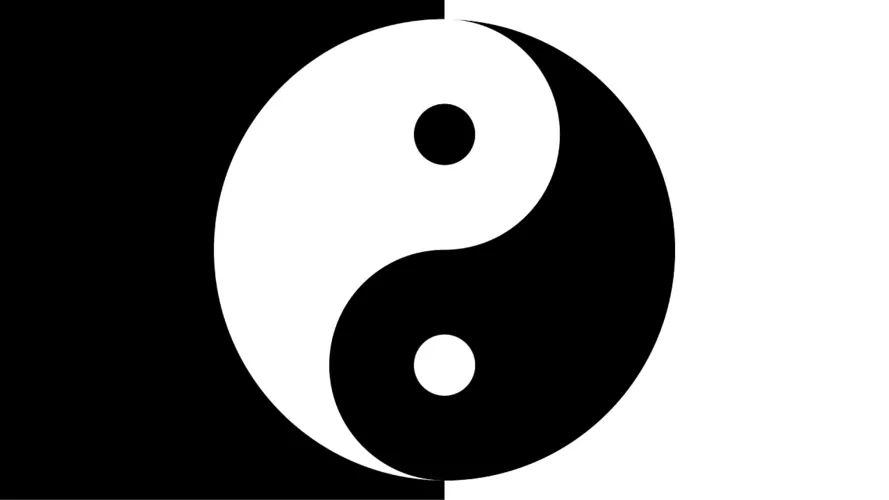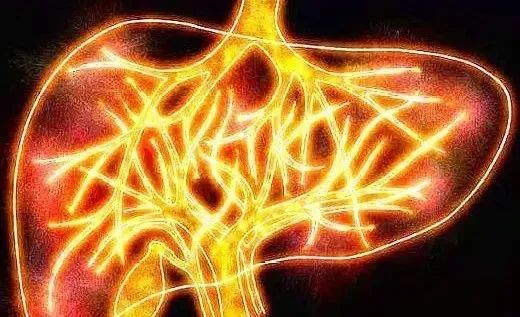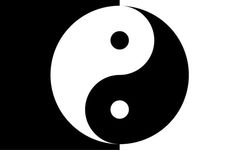Harmonizing Yin and Yang to restore their integrated state is the key to preventing and treating insomnia in Traditional Chinese Medicine (TCM).
Insomnia is not merely a physical issue; it can also involve psychological and social factors. TCM believes that sleep relies on the harmony of Yin and Yang. When Yin and Yang are imbalanced, with Yang failing to enter Yin or Yin failing to contain Yang, insomnia will occur.
Therefore, harmonizing Yin and Yang to restore their integrated state is crucial in TCM for preventing and treating insomnia.

For Elderly Insomnia Patients, Nourishing Yin is Key
What causes the imbalance of Yin and Yang? For most middle-aged and elderly insomnia patients, the primary issue is often a deficiency of Yin and blood, especially in menopausal women, where this condition is more pronounced.
Due to the deficiency of Yin fluids, Yang cannot be contained, leading to Yang energy floating outward, resulting in an inability to harmonize Yin and Yang. This is primarily manifested as difficulty falling asleep at night, shallow sleep, frequent dreams, and waking easily, with difficulty returning to sleep afterward.

For treating this type of insomnia, nourishing Yin and blood is essential. Only with sufficient Yin fluids can Yang energy be contained. On this basis, calming and stabilizing herbs should be added to help Yang energy enter Yin, allowing for the harmonious balance of Yin and Yang, which will naturally improve sleep.
Commonly used Yin-nourishing herbs include Shudi Huang (Rehmannia Root), Shanzhuyu (Cornus Fruit), Suanzaoren (Sour Jujube Seed), Baiziren (Platycladus Seed), and Baihe (Lily Bulb). Calming herbs include Sheng Longgu (Raw Dragon Bone), Sheng Muli (Raw Oyster Shell), and Zhenzhu Mu (Mother of Pearl).
For Young Insomnia Patients, Clearing Liver Fire is Key
Unlike the elderly, young people’s insomnia is often more related to external factors, with the most common being various pressures from life and work. These pressures can easily affect the liver’s ability to regulate, leading to stagnation of liver Qi, which over time can transform into fire.

Excessive liver fire can disturb the heart spirit, causing restlessness and inability to sleep.
The main characteristic of insomnia in this group is waking easily between 1 and 3 AM, as this time corresponds to the peak of the Liver Meridian (Foot Jueyin), when liver Qi is most vigorous, easily disturbing the heart spirit, leading to waking during the night.

Of course, excessive liver Qi and Yang can also lead to difficulty falling asleep for some individuals.
For this type of insomnia, clearing liver fire is the priority. If liver fire is not reduced, no matter how calming herbs are used, they will have little effect. The Dan Zhi Xiao Yao San (Gardenia and Bupleurum Powder) can be used as the main formula for treatment, combined with Ban Xia (Pinellia), Xia Ku Cao (Selfheal Spike), and Ye Jiao Teng (Valerian) to harmonize Yin and Yang, assist sleep, and achieve good results.
In summary, insomnia is distressing and challenging to treat, but understanding and addressing it from the perspective of Yin and Yang makes the issue seem less complex.

Official Account | Xi’an Shunkang
Contact Us | 029-86214411

